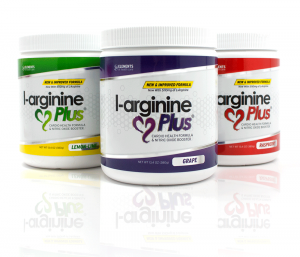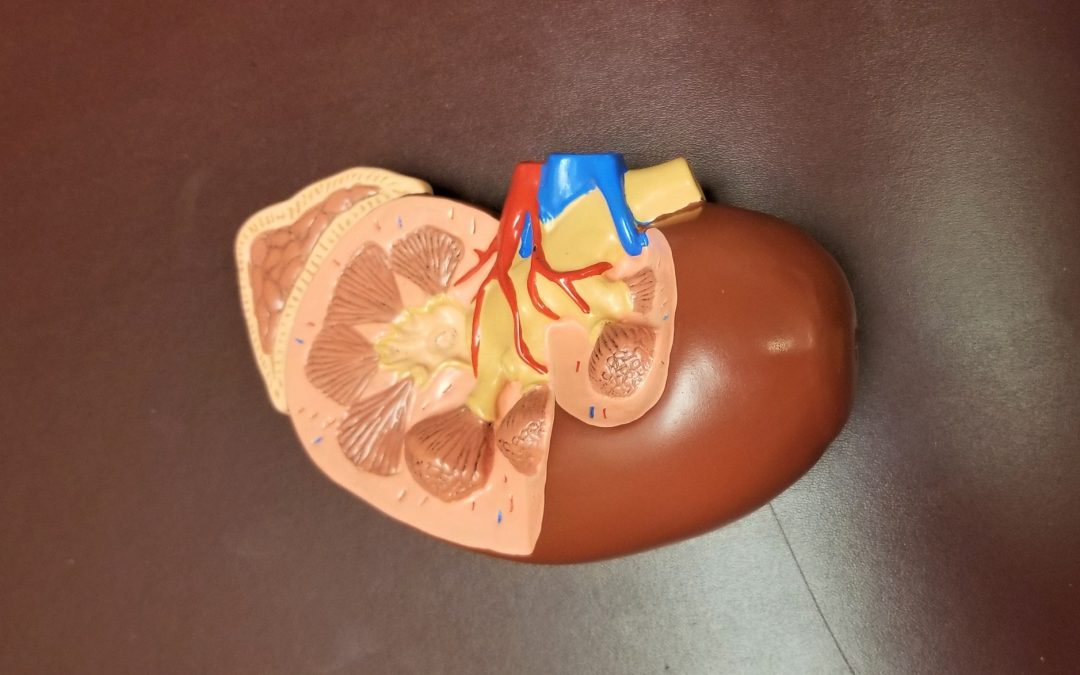High blood pressure can lead to kidney damage or failure. Learn about the connection between high blood pressure and your kidneys.
While they may seem like two separate areas, the circulatory system and your kidneys actually depend on each other. To illustrate, the kidneys use a lot of blood vessels to help filter wastes and extra fluids from your blood.
However, when there’s damage to the blood vessels, the nephrons that filter your blood don’t get the necessary nutrients. For this reason, hypertension (high blood pressure) is the second leading cause of kidney failure.
When high blood pressure goes uncontrolled, it can damage the arteries around the kidneys. As a result, these narrow and weak arteries cannot deliver sufficient blood to your kidney tissue.
Kidneys and Blood Pressure
 The main function of your kidneys is their ability to act as filters that remove waste products and excess fluid. They are a part of essential regulatory organs that are on either side of your back.
The main function of your kidneys is their ability to act as filters that remove waste products and excess fluid. They are a part of essential regulatory organs that are on either side of your back.
Kidneys have nephrons that have access to a dense network of blood vessels which high volumes of blood use to flow effectively. As time passes, the renal blood vessels in your kidneys get damaged from uncontrolled high blood pressure.
Moreover, the nephrons in your kidneys are small and finger-like, using tiny hair-like capillaries as blood supply providers. As arteries get narrow and weak from hypertension, your kidneys begin to lose their ability to filter blood and regulate.
While healthy kidneys can produce a hormone that helps the body regulate blood pressure, damaged kidneys cannot. Accordingly, high blood pressure and your kidneys contribute to each other’s health – for good and for ill.
Protecting Your Kidneys
Kidney failure due to high blood pressure doesn’t happen overnight; instead, the damage accumulates throughout the years. Nevertheless, you can reduce your risk of this disease by effectively managing your blood pressure health.
Start by learning as much as you can about high blood pressure, how it develops, and how to prevent it. As you learn more, you should make a note to remember what qualifies as normal blood pressure numbers. If you know what your own numbers are, you’ll be able to keep track and prevent hypertension from developing further.
 Furthermore, you should make a habit of exercising regularly and eating a well-balanced diet. You can also add an extra boost to your health by taking daily supplements like L-arginine Plus. It contains a blend of l-arginine, l-citrulline, and key vitamins and minerals that help promote circulation and blood pressure health.
Furthermore, you should make a habit of exercising regularly and eating a well-balanced diet. You can also add an extra boost to your health by taking daily supplements like L-arginine Plus. It contains a blend of l-arginine, l-citrulline, and key vitamins and minerals that help promote circulation and blood pressure health.
The ingredients support nitric oxide production, which is a natural vasodilator that relaxes blood vessels and improves circulation. Try L-arginine Plus alongside regular exercise and healthy eating if you want to promote your blood pressure and kidney health.

